Dear world leaders,
I was barely a year old when the first global summit to address climate change took place. 24 more Conferences of Parties have been held since that time, and it still feels like this crisis has no end in sight.
In 2009, I was in my first semester in college when Typhoon Ketsana struck the Philippines and nearly took my life. Many would look at supertyphoon Haiyan in 2013 as the turning point for climate action in my country. But the truth is Ketsana was the one that first opened the eyes of Filipinos to a glimpse of a future marked with losses and damages brought by the climate crisis.
Since that day, we all continue to see and experience, in one way or another, the impacts of this crisis of our making. From supertyphoons and sea level rise, to droughts and wildfires, climate change affects everything and everyone. It does not matter how much money you have, where you come from, how you identify yourself, or if you recognize that it is a real issue or not.
Whether we look at it from a scientific, economic, environmental, political, religious, or moral lens, there is no question where our priorities must lie: to address the gravest existential threat to current and future generations.
The solutions are already on the table; decades of research, innovations, and the hard work of experts and advocates alike made them possible. All you have to do is lead in implementing them. We are ready to support you.
Yet the most important solution is not something that needs to be a technological marvel that must be invented. The key to addressing the climate crisis is to go back to basics.
We need to rediscover our humanity. We need to accompany the solutions we implement with ecologically-sound human values that steer us to a sustainable and resilient world. And please remember, any solution guided by unethical and immoral intentions that cause harm and suffering is nothing more than a false solution.
We have spent the past few centuries in pursuing “progress”, trying to make the world adapt to us. And now, we are paying the price through the climate crisis and even the COVID-19 pandemic.
We must learn that we do not own nature. We are a part of nature. We adapt to our environment; we learn from it. We observe in nature that the most resilient ecosystems are the ones with the most diversity.
In the context of the climate crisis, this means that you should not just rely on a few actors to implement solutions. Most importantly, you should cease to listen to fossil fuel corporations, who are largely responsible for the climate crisis to begin with, and other companies that will always prioritize growing their profits above all else. You must stop being influenced by those only interested in maintaining power for the pursuit of their self-interests.
Instead, you should enhance mechanisms and spaces for inclusive and active participation, decision-making, and implementation of climate solutions for all stakeholders, especially the most vulnerable.
Despite claims by many, our current models for progress, in practice, have not led to genuine development. Instead, economic growth that depends on fossil fuels, has exacerbated poverty, inequalities, and injustices.
What we need is for you to lead in transforming our systems in a way that helps us achieve sustainable development, anchored in decarbonization by high-emitting nations and effective adaptation for vulnerable communities.
The longer we delay the inevitable just transition to a renewable energy-powered world, the more devastating the potential losses and damages will be. You need to stop looking for quick fixes because this is a crisis that will not be solved by them.
How can you look at your children, and pretend to work to give them a better future, when your decisions are leading to that very future being ruined?
The message is clear. The era of fossil fuels must end. Developed countries need to not only decarbonize, but pay their “climate debt” by providing vulnerable nations the necessary finance, technologies, and capacity-building mechanisms to adapt to and mitigate climate change. Natural carbon sinks must be protected and enhanced. Local communities must be equipped and empowered to deal with local impacts.
The truth is, regardless of whether we succeed in this imperative or not, Earth will continue to rotate and revolve around the Sun. Our damage to the environment will take time to heal, but it will eventually. And where does that leave us? No amount of money or political influence can ever match the power of nature.
This is not about saving the world as we know it, it’s about saving our world for what it still could be.
We all have a role to play in solving this problem, especially all of you. We expect you to lead. Because we deserve better. We need better.
Whether or not I and thousands of others will be at COP26, our eyes will be on you.
John Leo Algo
This piece is Algo’s contribution to the Our World in Your Hands project of the United Nations Framework Convention on Climate Change.
Originally published here: https://bit.ly/3mzG6Ob
John Leo Algo is a climate campaigner and lobbyist, environment researcher, citizen journalist, and communicator from the Philippines. He is the Deputy Executive Director for Programs and Campaigns at Living Laudato Si’ Philippines and a member of YOUNGO and the Asia Climate Change Consortium.

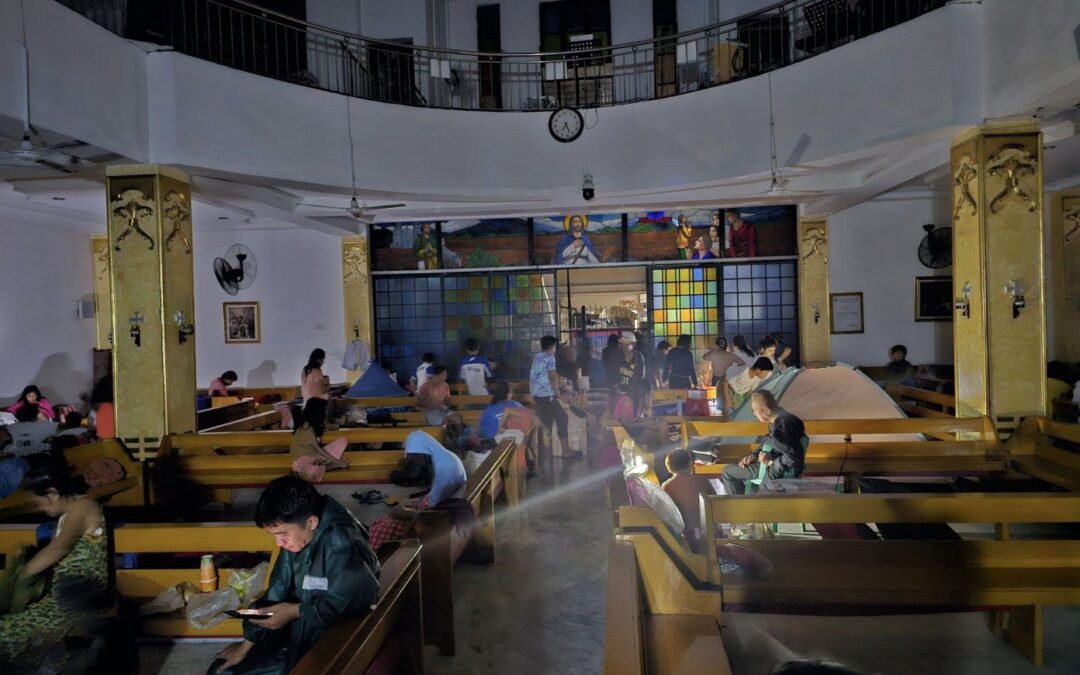
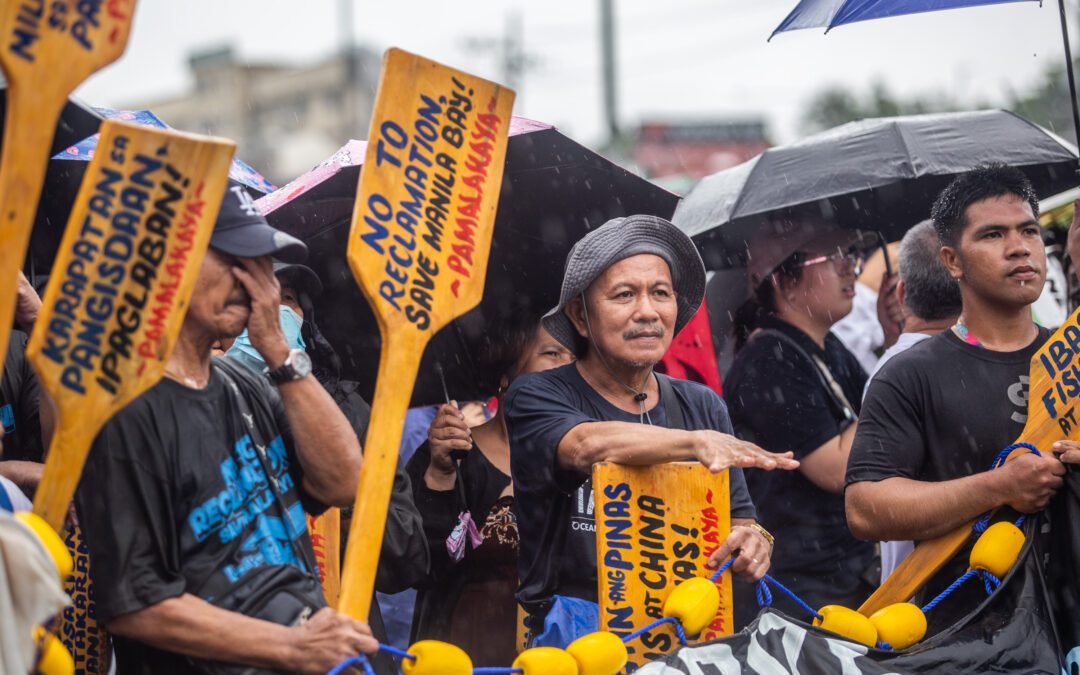
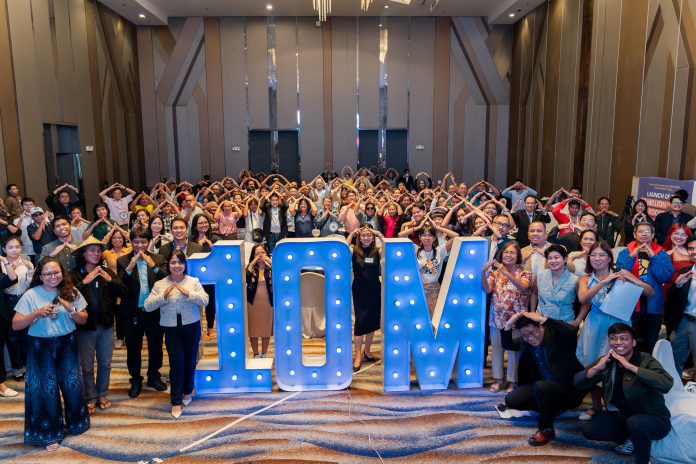
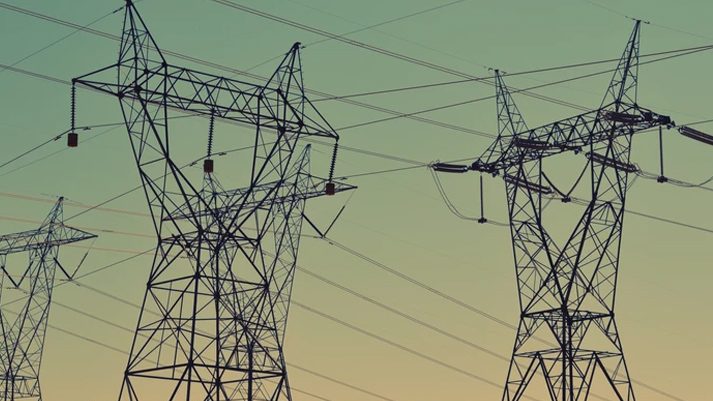
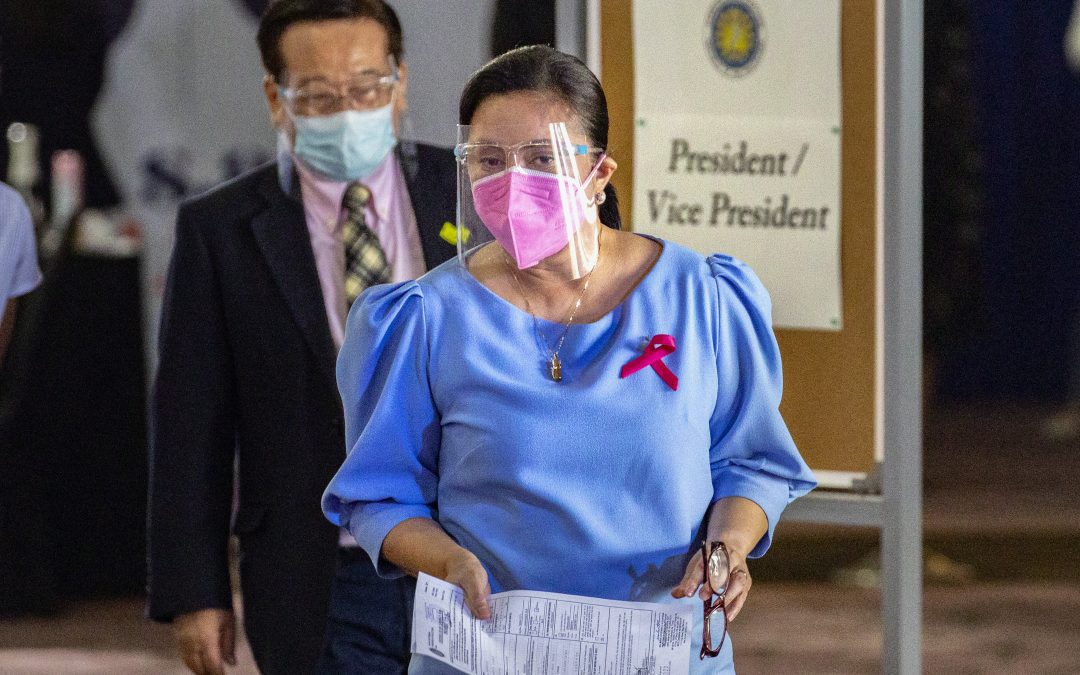
0 Comments